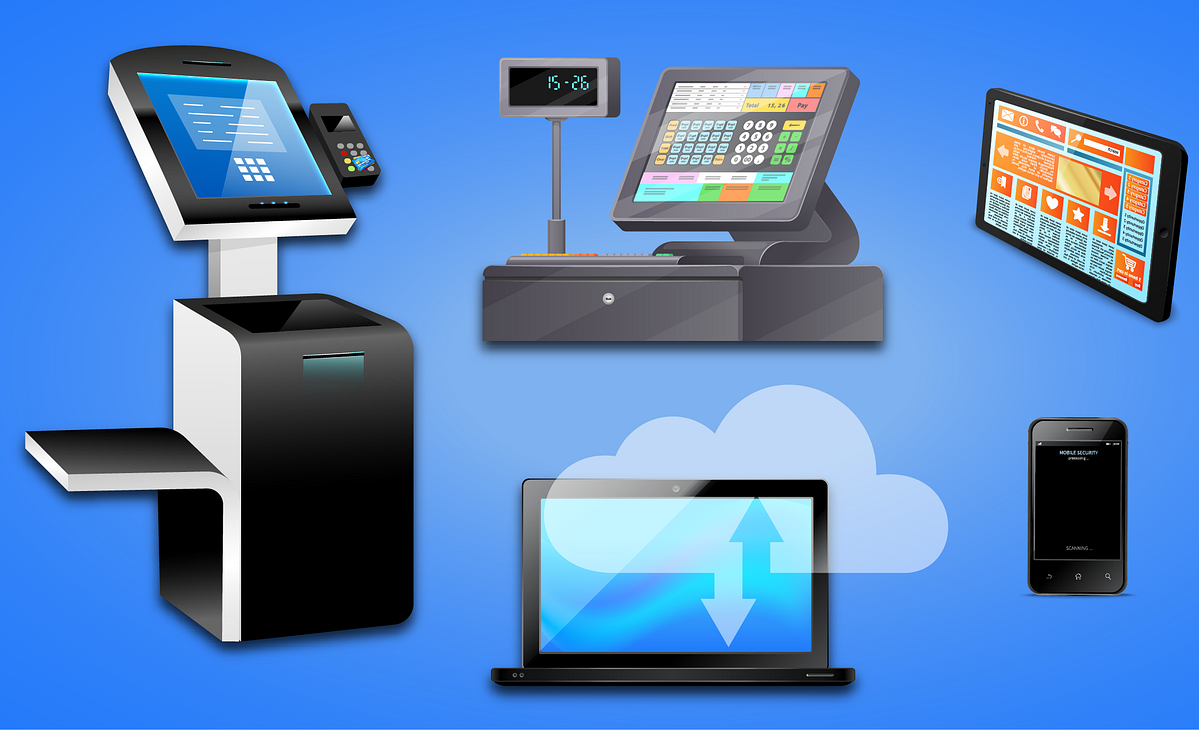Government Efficiency Made Easy: POS Solutions for Public Sector Agencies

In the realm of public sector agencies, efficiency, accuracy, and transparency are paramount. From processing payments for permits and licenses to managing transactions at government-run facilities, the implementation of Point-of-Sale (POS) solutions is revolutionizing operations and improving services for citizens. Let’s explore how POS systems are making government efficiency easy across various public sector agencies.
- Streamlined Payment Processing: POS solutions enable public sector agencies to streamline payment processing for a wide range of services, including permits, licenses, fines, and fees. Citizens can conveniently pay for these services in person, online, or via mobile devices, using various payment methods such as credit/debit cards, electronic funds transfer (EFT), or digital wallets. By automating payment processing and reconciliation, POS systems reduce administrative burden, minimize errors, and accelerate revenue collection for government agencies.
- Convenient Citizen Services: POS systems facilitate efficient delivery of citizen services at government-run facilities, such as municipal offices, public libraries, and recreation centers. Citizens can use self-service kiosks equipped with POS terminals to access information, request services, and make payments without the need for lengthy queues or in-person assistance. This enhances accessibility and convenience for citizens while optimizing resource allocation and staffing for government agencies.
- Event Ticketing and Registrations: Public sector agencies often host events, workshops, and community programs that require ticketing and registrations. POS solutions simplify the ticketing process, allowing citizens to purchase tickets online, at kiosks, or at the event venue using POS terminals. Integrated registration systems capture attendee information accurately and securely, enabling agencies to manage event logistics, track attendance, and collect fees efficiently.
- Licensing and Permitting: Licensing and permitting processes are essential functions of government agencies, and POS systems streamline these processes by digitizing application forms, managing approvals, and issuing licenses and permits electronically. Citizens can apply for licenses and permits online, track application status, and receive notifications via email or SMS. POS technology ensures compliance with regulatory requirements, enhances transparency, and expedites the issuance of licenses and permits for businesses and individuals.
- Data Analytics and Reporting: POS systems generate valuable data insights that help government agencies optimize operations, improve service delivery, and make informed policy decisions. By analyzing transactional data, service usage patterns, and citizen feedback, agencies can identify trends, measure performance, and prioritize initiatives to meet the evolving needs of the community. Data-driven decision-making supported by POS technology enhances accountability, transparency, and efficiency in public sector operations.
- Enhanced Citizen Experience: Ultimately, POS solutions contribute to an enhanced citizen experience by providing convenient access to government services, streamlining transactions, and improving service quality. Citizens benefit from shorter wait times, simplified processes, and increased transparency, leading to greater satisfaction and trust in government institutions. By leveraging POS technology, public sector agencies can build stronger connections with citizens and foster a culture of innovation and efficiency in government operations.
In conclusion, POS solutions are transforming government efficiency by streamlining payment processing, enhancing citizen services, and improving data-driven decision-making across public sector agencies. As technology continues to evolve, government agencies that embrace POS solutions stand to benefit from increased efficiency, transparency, and citizen satisfaction, ultimately driving positive outcomes for communities and society as a whole.
